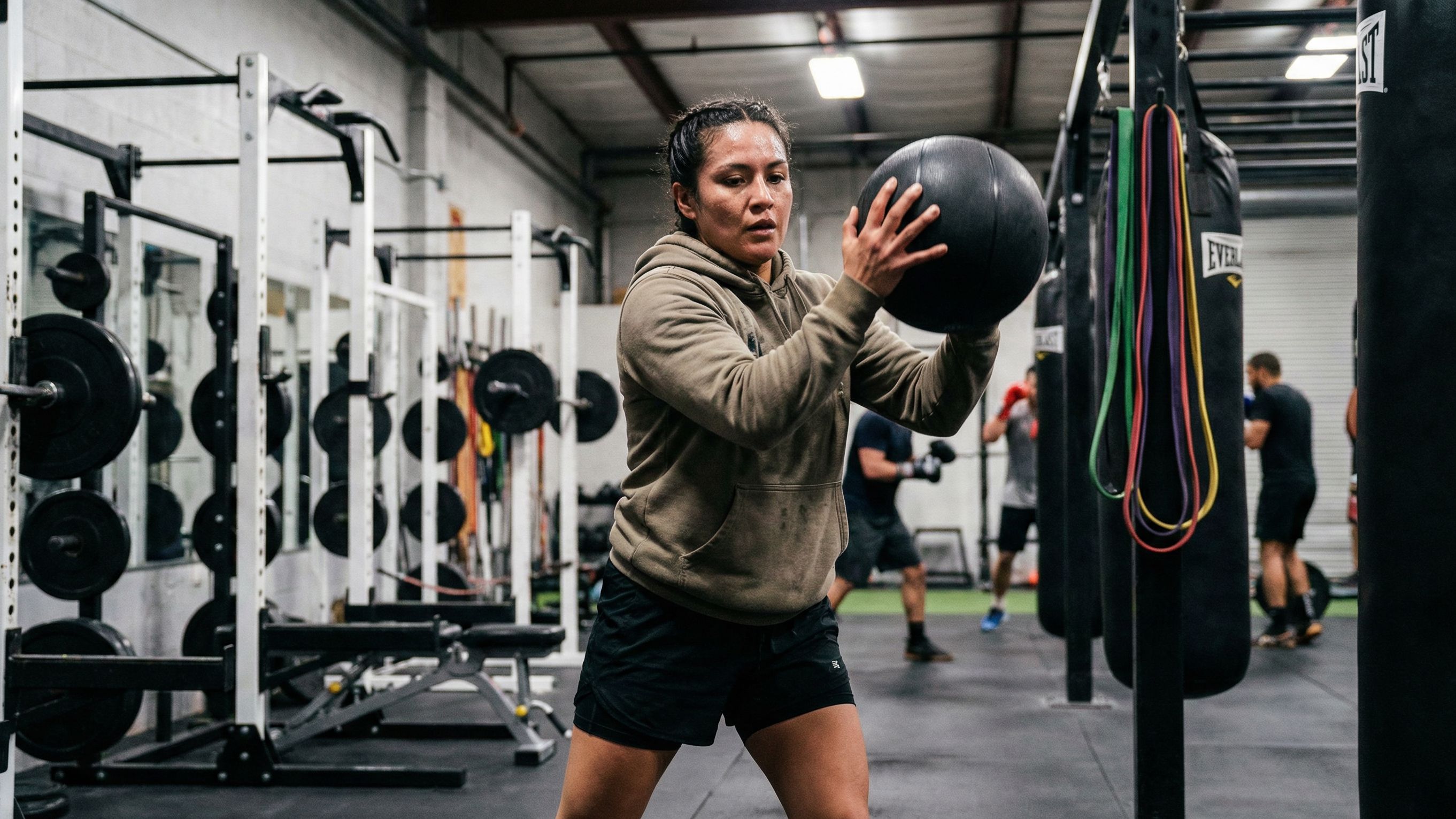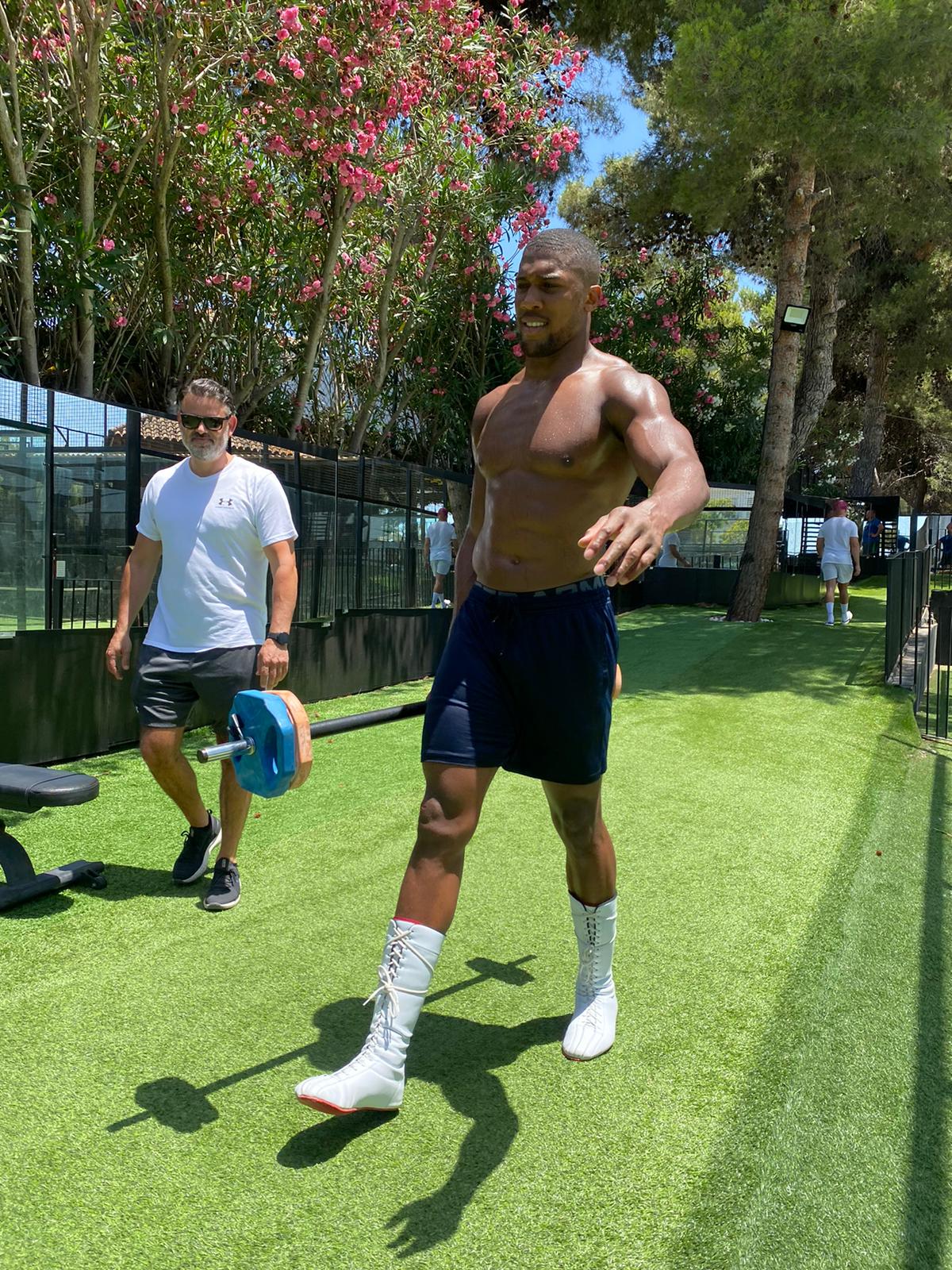Strength and Conditioning: A Physio’s Perspective

By Dr Ian Gatt | PhD SLA MSc OMT MCMI MAACP MCSP HCPC BSc (Hons)
Head of Performance Services | GB Boxing & UK Sport Institute
To many athletes, strength and conditioning (S&C) is about lifting heavier, running faster, or jumping higher. But from a physiotherapist’s perspective, it’s something more strategic — it’s about building a body that’s not just powerful, but resilient, efficient, and sustainable.
When physios and S&C coaches work together, athletes benefit from training that enhances performance and reduces injury risk — a balance that’s essential for long-term success in sport.
Why Physios Care About Strength Work
As a physiotherapist, I don’t just look at how much force you can produce — I look at how you produce it.
Certain issues might not show up on the scoreboard — but they show up in pain, fatigue, or injury over time. That’s why we integrate S&C principles to:
-
Improve load tolerance around joints
-
Optimise movement quality under fatigue
-
Help athletes transition safely back to high-speed or high-impact sport
It’s not about lifting more. It’s about lifting better.

Bridging the Gap Between Rehab and Performance
One of the most overlooked areas in athlete development is the "grey zone" between injury rehab and full-performance training. It’s the period where pain is gone, but performance hasn’t returned — and re-injury risk is very high.
Strength and conditioning, supported by a physio, plays a crucial role here:
-
Reintroducing speed, load, and impact gradually
-
Addressing neuromuscular coordination
-
Ensuring key joint actions are functioning optimally under load
-
Using performance metrics to guide training progression
It’s the difference between being cleared to play and being ready to compete.
Working Smarter, Not Just Harder
From a physio’s lens, good strength training is smart strength training:
-
Tailored to your sport and body requirements
-
Adjusted based on injury history, current status and objective measures
-
Integrated with other sport disciplines (e.g. nutrition, psychology, etc.)
It’s not about following a generic gym plan. It’s about developing a body that can handle the chaos of sport.
An Integrated Approach to Athlete Development
When physios and S&C professionals collaborate, athletes receive:
-
Enhanced expertise on load management
-
Injury-aware programming
-
Return-to-play protocols grounded in real-world sport demands
-
Preventative strategies embedded into strength cycles
This integrated model is now standard in elite teams — and should be accessible to athletes at all levels.
Strong is Safe…Safe is Smart
Strength and conditioning, when informed by underlying physiotherapy principles, isn’t just about chasing PBs — it’s about future-proofing your body.
Whether you’re returning from injury or looking to push your performance, the physio perspective adds a layer of intelligence to your training that can help you last longer, compete harder, and train smarter.


